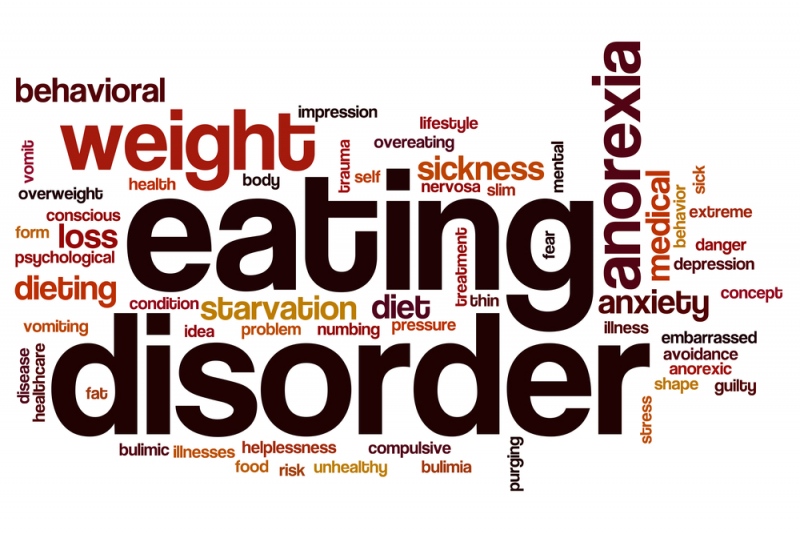Misunderstandings about eating disorders can cause a lack of mental health resources and preventative measures to deal with the diseases. Getting a better idea of what an eating disorder entails can lead to more acceptance of people with the disease, which often increases the rate at which sufferers start getting help by finding eating disorder rehab centers nearby. Here are some of the most common misconceptions about the characteristics of an eating disorder, and the truth about anorexia, bulimia and other diseases.
Misconception #1: An Eating Disorder is a Lifestyle Choice
Oftentimes, people do not take an eating disorder seriously because they believe the disorder is a choice made in a vain attempt to live up to a certain beauty standard. However, the reality is that someone with an eating disorder is actually suffering from a form of a mental illness that can be life-threatening in certain cases. A person with an eating disorder has an unrealistic view of what her body looks like, which causes changes in exercise and eating habits, and can result in self-harm.
An eating disorder often begins as a result of uncontrollable emotions or a life-changing event, rather than simply the result of dissatisfaction with how the body looks. The only choice a person with an eating disorder can actually make is the choice to seek out help. The road to recovery for someone suffering from an eating disorder is a long and arduous process that requires a lot of support.
Misconception #2: An Eating Disorder is a Way to Get Attention
Those suffering from an eating disorder are not doing it for attention. In fact, most people dealing with the disease go through a lot of trouble to hide it from their friends and family, or do not realize that they even have a problem. For this reason, there is often a delay of many years between the start of the disease and the beginning of treatment.
Misconception #3: Parents or Other Family Members are to Blame
When someone is diagnosed with an eating disorder, people often blame parents or other family members for how they interacted with the person suffering. However, there is no evidence that parents are to blame. The only evidence that does exist is the genetic link, in which the child or family member of someone with an eating disorder is more likely to deal with the disease.
The role that family and friends do play in an eating disorder is providing the necessary support while the sufferer is going through the treatment process. During this process, family members close to the person with the eating disorder sometimes go through a period of burnout, anxiety, and hopelessness.
Misconception #4: Eating Disorders Only Occur Among White Middle-Class Girls
Although developing an eating disorder is more likely in women between the ages of 12 and 25, anyone can develop an eating disorder. These diseases affect people of both genders, in a variety of social and economic background, and of all different ages. Misunderstanding the fact that people of all backgrounds can develop an eating disorder, leads to a lack of recognition when someone not in the high risk begins developing symptoms.
Understanding the truth behind the development of an eating disorder can help more people get the help they need quickly before more serious consequences develop.
















